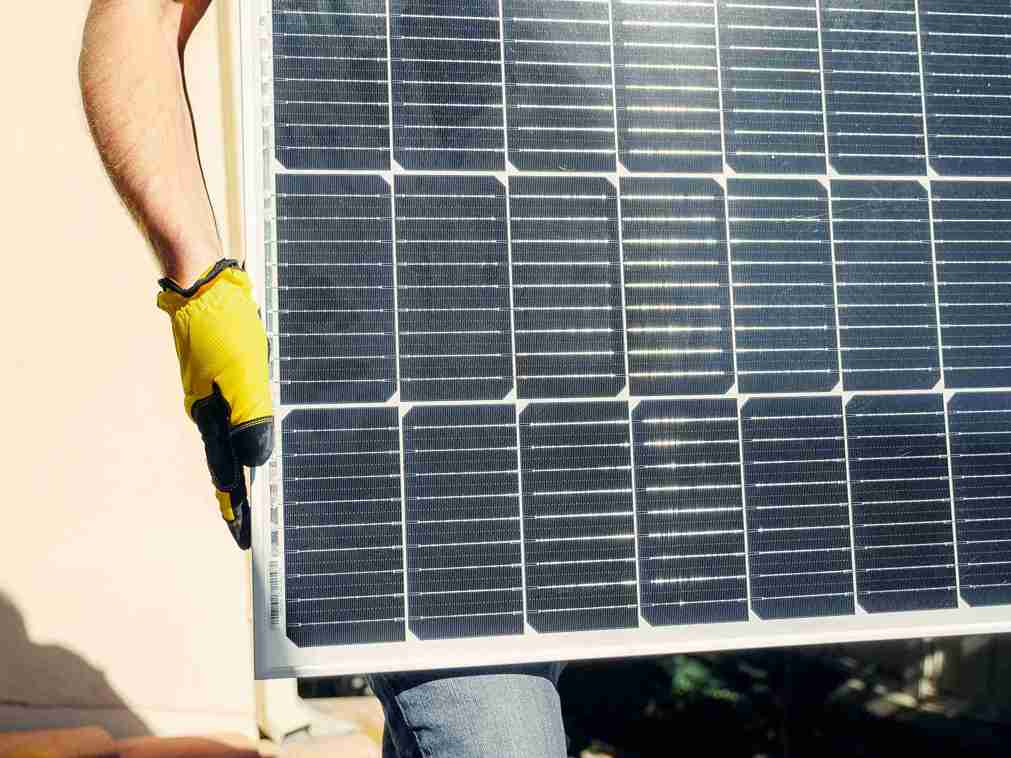A Look at How Integrating Solar Power Can Help Your Home

Integrating solar power into your home offers numerous benefits, including reduced energy costs, environmental sustainability, and increased energy independence.
A Look at How Integrating Solar Power Can Help Your Home
This article explores how integrating solar power can help homeowners enhance their energy efficiency, lower their carbon footprint, and save money on utility bills. By understanding the advantages of solar energy integration, homeowners can make informed decisions and harness the power of the sun to create a more sustainable and efficient living environment.
1. Lower Energy Costs
One of the primary benefits of integrating solar power into your home is the potential for lower energy costs over time. Solar energy systems generate electricity from sunlight, reducing the need to purchase electricity from the grid and lowering monthly utility bills. By offsetting or even eliminating electricity expenses, homeowners can enjoy significant savings on their energy costs and achieve greater financial stability.
Additionally, solar panels have a long lifespan of 25 years or more, providing homeowners with decades of clean, renewable energy and consistent energy savings over time. Lower energy costs contribute to improved affordability and quality of life for homeowners, allowing them to allocate their savings toward other household expenses or investments.
2. Environmental Sustainability
Integrating solar power into your home promotes environmental sustainability by reducing reliance on fossil fuels and lowering carbon emissions. Solar energy is a clean, renewable energy source that produces no greenhouse gas emissions or air pollutants during operation, making it an environmentally friendly alternative to traditional energy sources.
By generating electricity from sunlight, solar panels help mitigate climate change, preserve natural resources, and protect ecosystems for future generations. Adopting solar power for your home demonstrates a commitment to environmental stewardship and contributes to global efforts to transition to a more sustainable energy future. Embracing renewable energy solutions such as solar power is essential for combating climate change and preserving the planet for future generations.
3. Energy Independence
Integrating solar power into your home enhances energy independence by reducing reliance on centralized power systems and increasing self-sufficiency in energy production. With a solar energy system installed on their property, homeowners can generate their clean electricity from sunlight, reducing their dependence on utility companies and grid electricity.
Solar panels coupled with battery storage systems allow homeowners to store excess energy generated during the day for use during periods of low sunlight or grid outages, providing backup power and resilience. Energy independence gives homeowners greater control over their energy usage, costs, and security, empowering them to manage their energy needs more efficiently and sustainably.
4. Regular Inspection Can Increase Home Value
Regular inspection of your solar power system can be instrumental in increasing the value of your home over time. Solar inspections ensure that your solar panels are operating at peak efficiency and help identify any potential issues that can arise. By addressing these issues promptly, homeowners can maintain the performance of their solar power system and maximize energy savings.
Additionally, regular inspections provide peace of mind to potential buyers, showcasing that the system has been well-maintained and is in optimal condition. Ultimately, investing in inspections demonstrates your commitment to sustainability and enhances the overall value of your home.
5. Government Incentives and Rebates
Integrating solar power into your home can qualify you for various government incentives, rebates, and tax credits that can help offset the cost of solar installation and accelerate the payback period of your investment. Federal and state governments offer tax credits and incentives for renewable energy systems, including solar panels, solar water heaters, and solar battery storage.
Additionally, some utility companies offer rebates or incentives for homeowners who install solar energy systems, further reducing the upfront cost of solar installation. By taking advantage of government incentives and rebates, homeowners can make solar power more affordable and accessible for their homes, maximizing their savings and return on investment in solar energy integration.
Read More: A Quick Guide to the Different Types of Solar Energy
Conclusion
In conclusion, integrating solar power into your home offers a wide range of benefits, including lower energy costs, environmental sustainability, energy independence, increased home value, and access to government incentives and rebates. Homeowners may improve their quality of life, lower their carbon footprint, and save money on electricity bills by using the sun’s energy to create clean, renewable energy.
Accepting solar energy integration is an important step toward building a more robust and sustainable house as well as a wise financial investment. With the right knowledge, resources, and support, homeowners can make a successful transition to solar power and enjoy the many benefits it has to offer for their homes and the planet.

